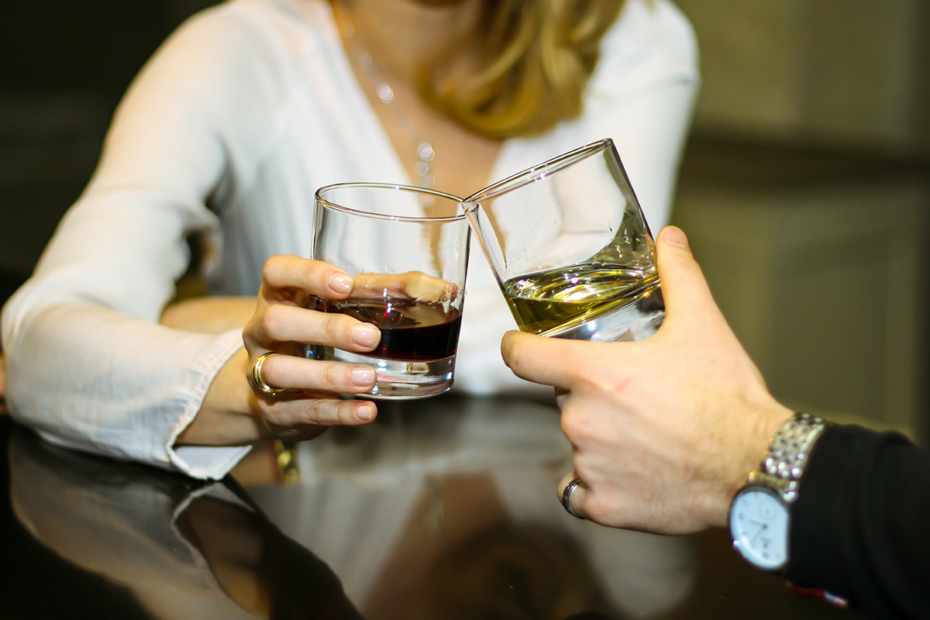
Drinking alcohol may be part of a social experience, on special occasions or celebrations with friends, as part of your meal or it may even help you relax after a tough day, but even a few drinks can affect your lymphedema.
What alcohol does to your body
Alcohol is a diuretic, so when you’re drinking, you’re losing more liquid than you consume. Your kidneys also excrete more fluid as a result. This might sound good to a person with lymphedema who already has an existing chronic accumulation of fluid, but those who have lymphedema have a high concentration of protein in their tissues. Protein attracts water hence the swelling. Diuretics may get rid of some of the water but the protein content doesn’t change and the result might be a short term decrease in swelling but the rebound effect will be a higher concentration of protein which will attract even more fluid.
Drinking too much alcohol can also weaken the immune system, making your body an easier target for infection. Folks living with lymphedema are more susceptible to skin infections in their affected limbs. So even just one night of drinking to the point of intoxication can slow your body’s ability to produce beneficial chemicals produced by white blood cells that ward off infections.
Lastly, alcohol is also a vasodilator, which the smaller blood vessels relax and allows more blood to flow through the skin and tissues. This explains why our face might get flushed when we drink alcohol. Relaxation of these blood vessels results in a drop in blood pressure. In order to maintain sufficient blood flow to the organs, the heart rate increases. Your breathing rate may also speed up. The result of these things is that more fluid has been deposited into the tissues. This leads to an increase in fluid (lymphatic load) that needs to be taken away from the tissues.
Herein lies two problems:
- The lymphatic system has more work to do than usual, more fluid to move in a short amount of time
- Lymphatic vessels also have tiny muscles in them that are also under the influence of alcohol and cannot pump as effectively.
The net result is lymph fluid is increased throughout the body and takes a considerable amount of time to clear out. One might feel heavier or more swollen the next day after drinking alcohol. If you had a salty meal to go with the alcohol, results might be a bit worse.
What you can do if you choose to drink
- Drinking double the amount of water and in between your alcoholic beverages will help rehydrate your body, and may even help you avoid a hangover in the morning!
- Elevating your affected limb may be helpful in reducing the swelling, depending on your stage of lymphedema.
- Wearing your compression may not prevent increased swelling from happening when you drink, but it may help lessen the overall effect.
- Book a lymphatic massage with one of our therapists to help alleviate your swelling and help clear toxins from your body after drinking.
Everyone is different: be mindful of your lymphedema. Keep an eye on how your body reacts to alcohol consumption. Some people lack the enzymes needed to metabolize alcohol and will have a stronger reaction to its effects. Depending on what you observe, you may want to consider adjusting your dining habits. Your body will usually tell you what it needs.
Denise Drisdelle is a registered massage therapist and co-founder of FLOW Lymphatic Health Services.